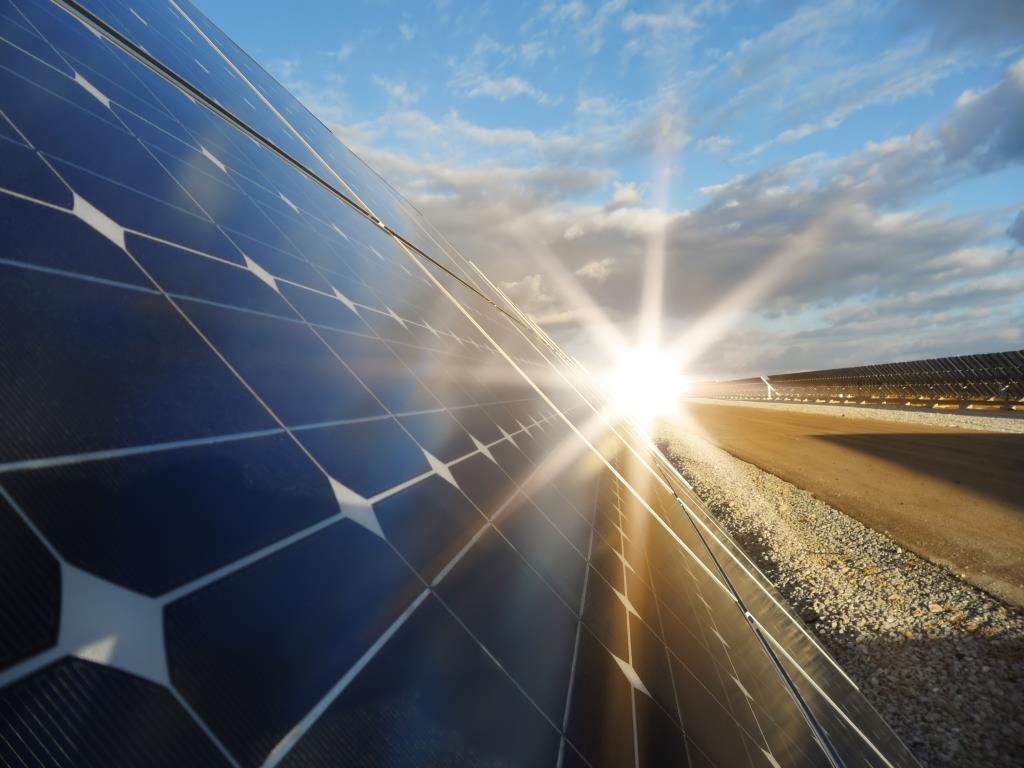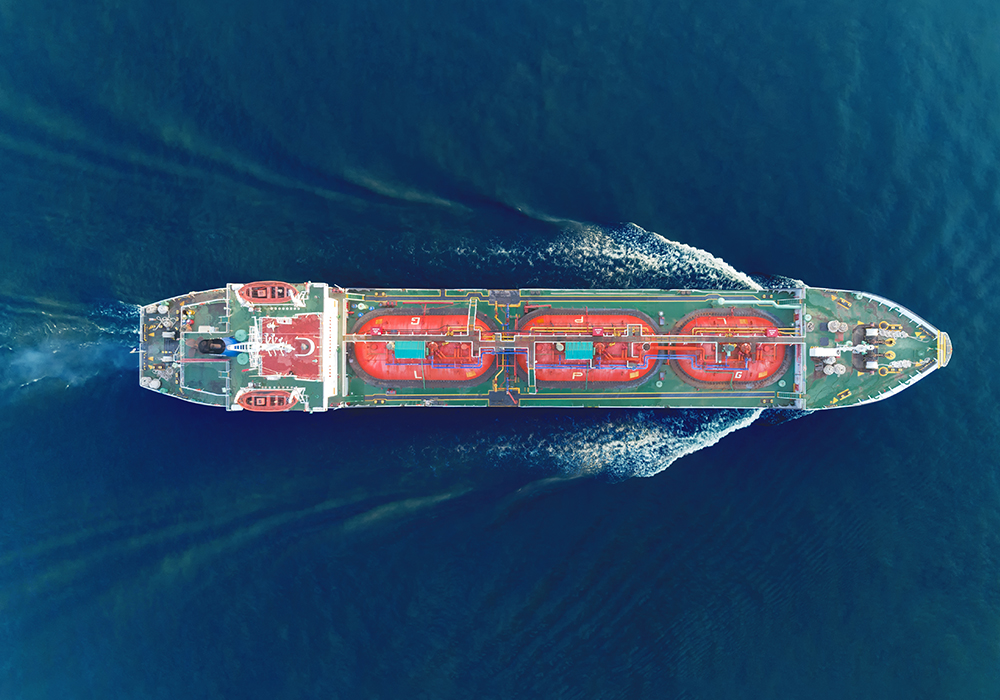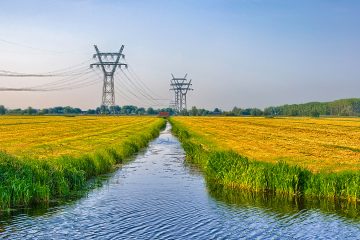acatech and BDI launch German-Australian hydrogen project “HySupply“

Munich, 01 December 2020
Three months after signing the Joint Declaration of Intent between Germany and Australia, acatech and BDI in cooperation with a UNSW-led consortium are launching the joint project “HySupply” today. The Federal Ministry for Education and Research (BMBF) is funding the project for Germany with more than 1.7 million Euros. For the first time, a team of leading German and Australian experts from science and industry will investigate over the coming two years how the value chain for renewable hydrogen between two industrialized countries can be realized. The findings from this feasibility study are expected to be an important step towards the development of a global hydrogen market.
Germany will be dependent on the import of climate-neutral energy carriers to achieve its climate targets. Renewable hydrogen made in Australia can provide one of many important supply sources. The country has an immense potential for electricity generation from renewables as well as know-how and infrastructure for the export of raw materials. In turn, Germany is market leader for electrolysis, the splitting of water into hydrogen and oxygen. A future partnership with Australia therefore represents a win-win situation for both countries: Exporting hydrogen technologies offers significant economic potential for Germany while at the same time providing Australia with the opportunity of creating additional value by exporting hydrogen.
Robert Schlögl, Director of the Fritz Haber Institute of the Max Planck Society and acatech member, and Holger Lösch, Deputy Director General of the BDI, are heading the “HySupply” project for Germany.
Robert Schlögl: “Hydrogen provides us with the opportunity of shipping the Australian sunshine to Germany. Now we want to find out how this can be done on large scale and over long distances. This requires pressing research issues to be clarified at the interfaces of the entire system, from production to transport, conversion and end use. If we succeed, we will have found a strong partner in Australia.”
Holger Lösch: “The HySupply project marks a milestone for Germanys industry. It will allow us to import climate-neutral hydrogen at competitive prices in the future and it will enable us to take over the technology leadership in the highly competitive hydrogen market. International partnerships, such as this one with Australia, are key in ensuring that Germany can assert itself as an industrial nation in a climate-neutral world.”
Associate Professor Iain MacGill heads the Australian UNSW-led consortium partnering with Germany.
Iain MacGill: “The great renewable energy potential, infrastructure and energy exporting expertise of Australia, together with the manufacturing excellence and energy import needs of Germany, presents an ideal opportunity to establish a hydrogen value chain partnership that combines their comparative strengths and interests. However, there are still considerable challenges, with associated uncertainties and risks, to overcome. This study will help us jointly plot a pathway to address these challenges and seize the opportunity for a vibrant renewable hydrogen sector in and across our countries, and beyond.”
Federal Minister for Education and Research Anja Karliczek, whose ministry is funding the project on the German side, highlights the transnational and interdisciplinary cooperation: „Green hydrogen is the key energy source of the future. As a country of innovation, Germany must pave the way for international green hydrogen partnerships. This will give German companies early access to import sources of green hydrogen and markets for hydrogen technologies ‘made in Germany’. Australia has already positioned itself as a major exporter of hydrogen from renewable energies and is also an important market for German technologies. Our joint feasibility study will investigate how we can tap this correlated potential and which technological, economic and regulatory solutions exist. I am glad that not only excellent research institutions but also prestigious German companies are collaborating on the study.”
About
For Germany „HySupply“ is run by acatech – National Academy of Science and Engineering in cooperation with the Federation of German Industries (BDI). The Federal Ministry of Education and Research (BMBF) provides the funding for the entire project duration of two years. The Australian partners for this project are a university – industry consortium led by the University of New South Wales (UNSW), with funding from the Department of Foreign Affairs and Trade (DFAT) and the Department of Industry, Science, Energy and Resources (DISER).



